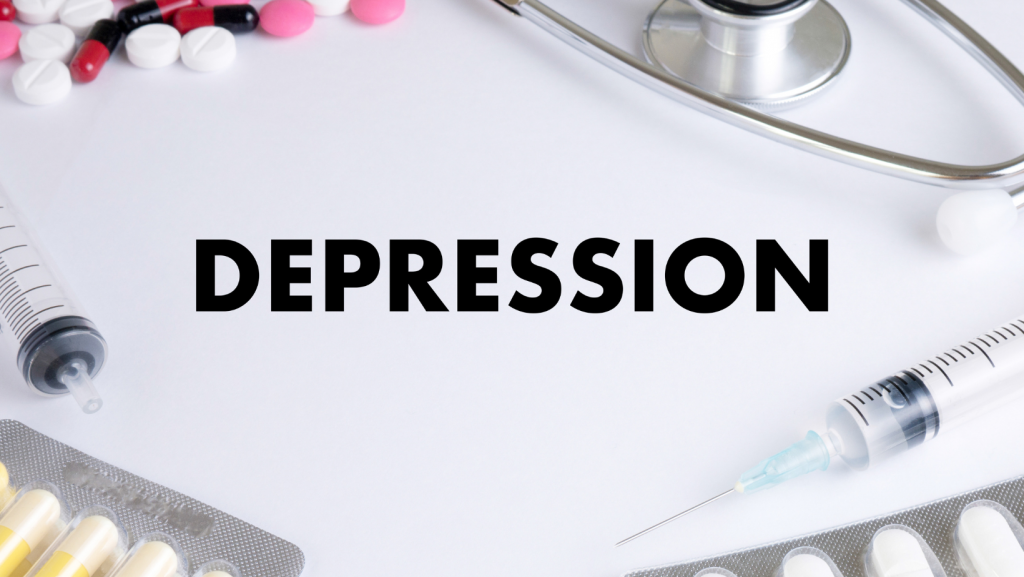
Understanding Depression
Major Depressive disorder (clinical depression) is diagnosed when a person suffers from a constant sense of hopelessness and despair. Depression disrupts a person’s personal, social and occupation areas of functioning. People usually find it difficult to work, study, sleep, eat, and enjoy with friends and perform other such activities. Some people suffer from clinical depression only once in their life, while others may suffer from it several times in a lifetime.
Symptoms:
According to DSM-5 at least either one of the following symptoms are present:
(A) depressed mood or
(B) loss of interest or pleasure.
Along with those the following five (or more) of the following symptoms are present during the same 2-week period.
- Depressed mood most of the day
- Low interest or pleasure in all, or almost all, activities most of the day.
- Significant weight loss when not dieting or weight gain
- Insomnia(cannot fall asleep) or hypersomnia(excessive sleepiness)
- Psychomotor agitation or retardation (Restlessness, irritability)
- Fatigue or loss of energy
- Feelings of worthlessness or excessive or inappropriate guilt (which may be delusional)
- Low ability to think or concentrate, or indecisiveness
- Recurrent thoughts of death (not just fear of dying), recurrent suicidal ideation without a specific plan, or a suicide attempt or a specific plan for committing suicide. (American Psychiatric Association, 2013, 160-161)
Causes:
Some of the common causes or triggers of major depression are:
- Genes play a major role in Clinical Depression. It may affect people with no family history of the illness but occur from one generation to the next in families
- Pain from the loss of a loved one through death, divorce, or separation
- Major life changes like moving, shifting, graduation, job change, retirement
- Personal conflicts in relationships, either with a significant other or a superior
- Physical, sexual, or emotional abuse (Bruce & WebMD, 2020)
Treatment and Help:
Major or clinical depression is a serious illness but it is treatable.
- Depending on the severity of the symptoms, medication like antidepressant are usually prescribed
- Psychotherapy is used to help people in depression. CBT is one such therapy that has proven to be effective.
- Electroconvulsive therapy, also called ECT or shock therapy can be used if medications do not help and the symptoms are severe.
References
American Psychiatric Association. (2013). Diagnostic And Statistical Manual Of Mental Disorders (5th Edition ed.). American Psychiatric Publishing.
Bruce, D. F., & WebMD. (2020). Major Depression (Clinical Depression). WebMD. https://www.webmd.com/depression/guide/major-depression


